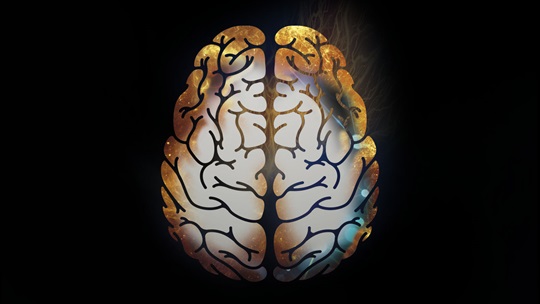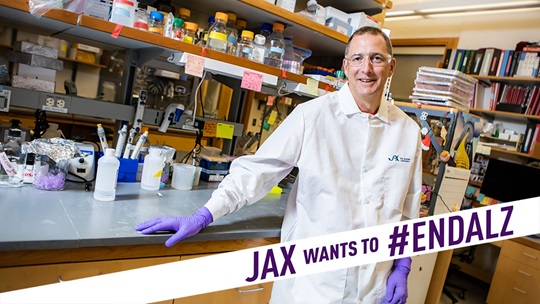-
 Press Release
June 15, 2022
Press Release
June 15, 2022
Alzheimer's Association awards research grant to JAX researcher
The Alzheimer's Association has awarded Harpreet Kaur, Ph.D., a 2022 Research Fellowship grant.
-
 Research Highlight
March 29, 2022
Research Highlight
March 29, 2022
Resilience to dementia and AD
Some people carry mutations that would usually predispose them to Alzheimer's disease but instead remain healthy. Now JAX researcher Catherine Kaczorowski is studying this phenomenon and identifying future approaches that may lead to resilience-based therapeutics.
-
 Research Highlight
February 01, 2022
Research Highlight
February 01, 2022
Exploring the sleep-dementia connection
Catherine Kaczorowski of JAX to launch study of genetic factors involved in sleep disturbances in patients with Alzheimer’s disease and other dementias.
-
 Research Highlight
April 20, 2022
Research Highlight
April 20, 2022
Investigating the genetics of Alzheimer's with new disease models
MODEL-AD is working to develop and make accessible mouse models useful for Alzheimer's disease and dementia research.
-
 Featured Article
September 21, 2021
Featured Article
September 21, 2021
Paths to treatment and hope for Alzheimer's
During a recent JAXtaposition event, JAX experts discussed a novel protein that holds potential for therapeutics and the next steps in drug discovery for Alzheimer's disease.
-
 Press Release
April 13, 2021
Press Release
April 13, 2021
Alzheimers Association awards research grant to JAX scientists
The Alzheimer's Association awarded a grant to Jackson Laboratory researchers, Gareth Howell, Ph.D. and Kristen Onos, Ph.D., for their work deciphering microglial responses to amyloid and tau with wild-derived mice.